- JST Home
- /
- Strategic Basic Research Programs
- /
 PRESTO
PRESTO- /
- project/
- Co-Creation of the Transformation Platform Technology for Human and Society by Integration of the Hu/
- [Social Transformation Platform] Year Started : 2022
[Social Transformation Platform] Year Started : 2022
Shogo Ishikawa
Personalized goal generation for maximizing individual Well-being
Grant No.:JPMJPR2261
Researcher
Shogo Ishikawa
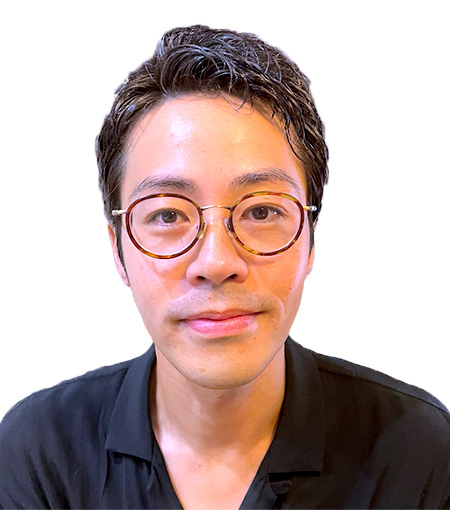
Associate Professor
Faculty of informatics
Shizuoka University
Outline
This project will develop a technology to simulate purpose in life based on personality information. In contrast to the traditional research method, which is to get as close as possible to healthy people, our goal is to create a novel research platform that assists each person to live a vital life. In the domain of dementia care, I will construct a comprehensive model that represents personality through a method of co-creation with people with dementia, their families, and a variety of care professionals. By implementing the model as a simulator and applying it in the field, I will verify whether goals tailored to individual wishes are effective in maximizing Well-being.
Koichi Ushijima
Favoritism and inefficiency in public resource allocation as measured by counterfactuals
Grant No.:JPMJPR2262
Researcher
Koichi Ushijima
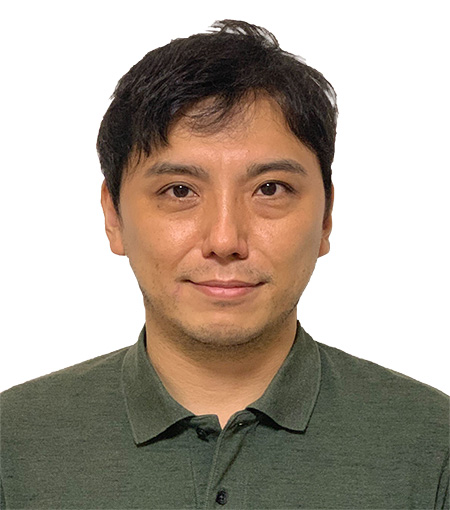
Associate Professor
Faculty of Engineering, Information and Systems
University of Tsukuba
Outline
Political favoritism may cause welfare losses through the inefficient allocation of public funds and political distrust. This project will investigate whether political favoritism exists and, if so, to what extent welfare losses are suffering. The analysis uses machine learning and alternative data (satellite imagery) to construct a unique large-scale panel data set of predicted values.
Yukiko Ogura
Exploring the conditions for conviviality: To what extent can we reconcile our social values?
Grant No.:JPMJPR2263
Researcher
Yukiko Ogura
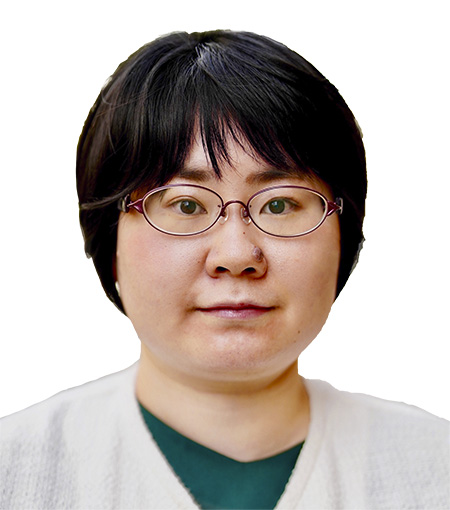
Project assistant professor
Center for Experimental Research in Social Sciences
Hokkaido University
Outline
With the growth of social networking services or other technologies in the internet, the division of social values has become more visible. On the other hand, people’s social values are not always fixed, but can change through interaction with others. To what extent is reconciliation of people’s social values possible and to what extent is it impossible? I aim to address this question from the perspectives of behavioral science, neuroscience, and information science, and to contribute to the establishment of a ” convivial society” in which diverse people can live in peace with each other.
Keiichiro Kanemoto
Transition to sustainable lifestyles in households and cities
Grant No.:JPMJPR2264
Researcher
Keiichiro Kanemoto
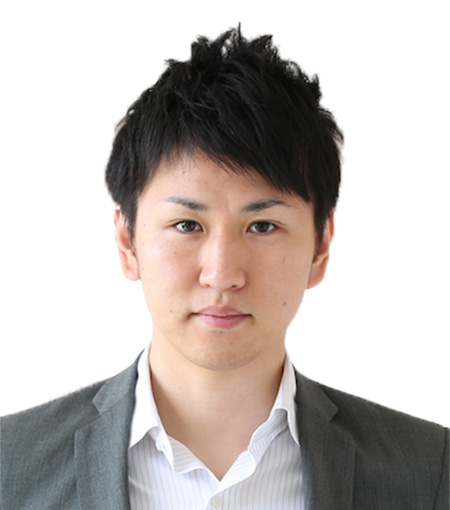
Associate Professor
Graduate School of Environmental Studies
Tohoku University
Outline
As global environmental problems become more serious, not only countries and businesses, but also households and cities are being forced to change their behavior. Households and cities not only directly emit greenhouse gases and air pollutants, but through their consumption they also drive environmental burdens on places different from where they live. This study will quantify how much the environmental impact of consumption in cities and households is emitted through the global supply chain and provide a prospect of this impact.
Hye-rin Kim
Understanding the psychological and interactional bases for better collective decision-making
Grant No.:JPMJPR2265
Researcher
Hye-rin Kim
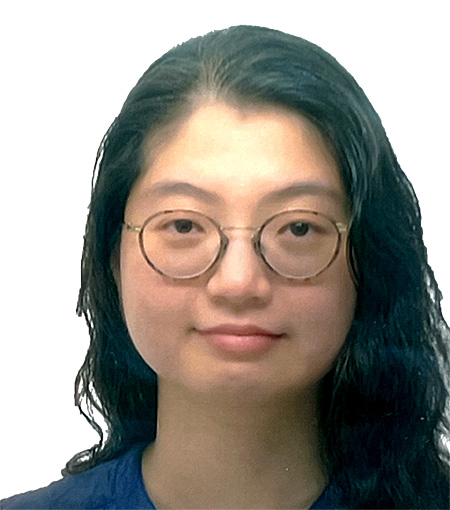
Project Assistant Professor
Graduate School of Humanities and Sociology
The University of Tokyo
Outline
In the rapidly-changing, highly-digitized society, it is much needed to develop a system to support better collective decision-making that provides guidelines for democratic policy-implementation. Toward this end, the project aims at understanding the psychological and interactional bases that can facilitate good collective decisions at various levels. Here, I investigate cognitive-behavioral algorithms that underlie group decision-making via multi-scale data collection. These approaches include cognitive/physiological measurements with multiple eye-trackers to be applied simultaneously to many participants in laboratory experiments, computational modeling about the emergence of socially-shared realities through interaction, and large-scale web experiments concerning dynamic formations of public opinions. I believe that these investigations will help reduce the “moral divides” among people that are spreading at an unprecedented speed in modern societies.
Tetsuro Kobayashi
Social transformation technologies to enhance democratic resilience
Grant No.:JPMJPR2266
Researcher
Tetsuro Kobayashi
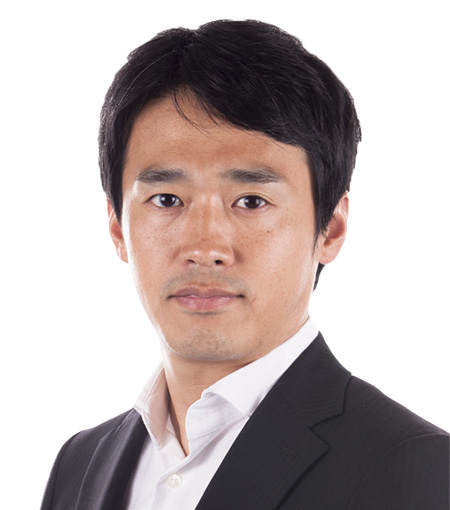
Professor
School of Political Science and Economics
Waseda University
Outline
In recent years, it has become clear that social media are being used to spread undemocratic narratives that are friendly to authoritarianism and that the Japanese people have a weak commitment to democracy. In addition, as democracy backslides and authoritarianism rises globally, Japan needs to enhance democratic resilience. This research will develop social transformation technologies that prevent the penetration of undemocratic narratives at three levels: individual, network, and social.
Hiroki Sakaji
Economics Narrative Simulation using Causal Information
Grant No.:JPMJPR2267
Researcher
Hiroki Sakaji
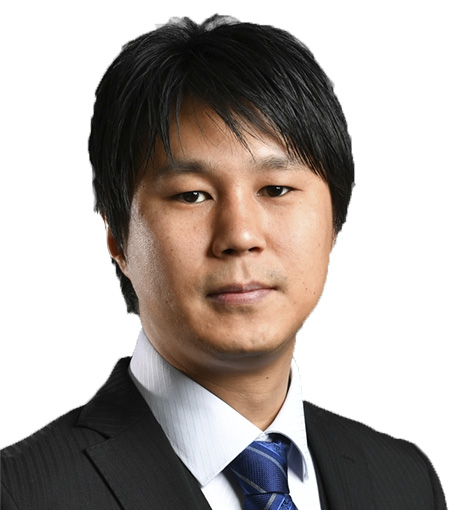
Associate Professor
Information Science and Technology
Hokkaido University
Outline
Economic regime changes accompanying major events are becoming more frequent, and mere analysis of time series is no longer sufficient to provide any economic outlook at all. Therefore, to demonstrate the narrative economics proposed by Dr. Robert J. Schiller, this research builds a new model that combines text mining and simulation. This model enables new economic analysis by demonstrating narrative economics.
Shosuke Sato
Digital Disaster Spatial Infrastructure Co-created by Experienced and Inexperienced Victims
Grant No.:JPMJPR2268
Researcher
Shosuke Sato
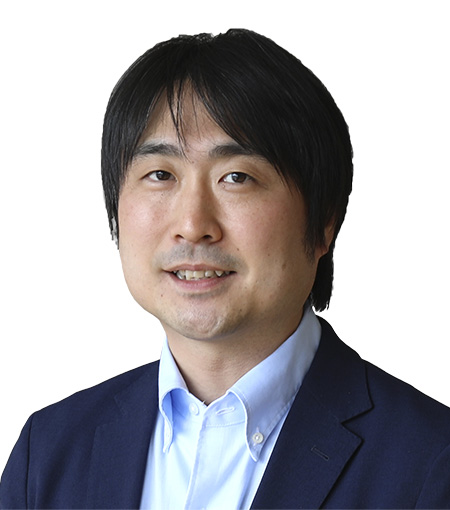
Associate Professor
International Research Institute of Disaster Science
Tohoku University
Outline
1) As a reproduction of the storyteller’s disaster experience and surrounding phenomena in the digital spatial disaster, we conduct an evaluation experiment of their integration and immersion. 2) In order to implement a simulation function that can experience different actions from the disaster storyteller, we will verify the validity and effectiveness of the implementation using a walking device and the action simulation function. 3) To implement a collective intelligence sharing system based on learning and awareness, we will accumulate and analyze simulated experiences by disaster victims, and observe behavioral changes of those who have undergone simulated experiences.
Keiichi Zempo
Service Actor Chimera: Value co-creation technology through partial fusion of service actors
Grant No.:JPMJPR2269
Researcher
Keiichi Zempo
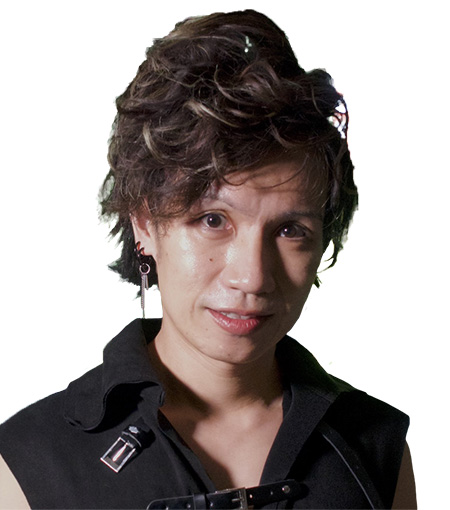
Associate Professor
Faculty of Engineering, Information and Systems
University of Tsukuba
Outline
This research aims to search for optimal service design by simulating a VR society in which even the service production capacity has become an asset, assuming the VR experience as a meta-structure. In particular, we envision using actor-chimera technology, a partial fusion of service producers (service actors), which will realize through the development of remote technology. This research will clarify the impact of actor-chimera technology and its sense of ownership on service productivity and establish a design method for economically optimal value co-creation behavior.
Ko Yamamoto
Multiscale Super Crowd Simulation for Human Flow Analysis and Guidance
Grant No.:JPMJPR226A
Researcher
Ko Yamamoto

Associate Professor
Graduate School of Information Science and Technology
University of Tokyo
Outline
The goal of this research is to develop a super crowd simulation model that can consider several hundred or thousand human flows. There are several scales in human flows, e.g., flows in cities or pedestrian flows in public spaces, such as stations or crossings. Super crowd simulation, which can consider interactions in multiscale flows, makes it possible to propose realistic scenarios for infection prevention or evacuation guidance in an emergency situation. In this research, the fundamental technologies for evaluating infection risk based on parameter identification and for providing behavior modification based on feedback control in the simulation model are investigated.













